
Sleep apnea affects millions of Americans yet remains undiagnosed in many cases, leading to serious health consequences that extend far beyond poor sleep quality. This potentially life-threatening condition causes repeated interruptions in breathing during sleep, resulting in decreased oxygen levels that can contribute to heart disease, stroke, diabetes, and other serious medical conditions while significantly impacting your quality of life and daily functioning.
At Maple Glen Modern Dentistry, Dr. Adam Rudin understands the important connection between oral health and sleep disorders, which is why we include sleep apnea screening as part of our comprehensive general dentistry patient care. While we don’t provide sleep apnea treatment, Dr. Rudin’s training allows him to recognize the oral and facial signs that may indicate sleep-disordered breathing, enabling early identification that can lead to proper diagnosis and treatment by sleep medicine specialists.
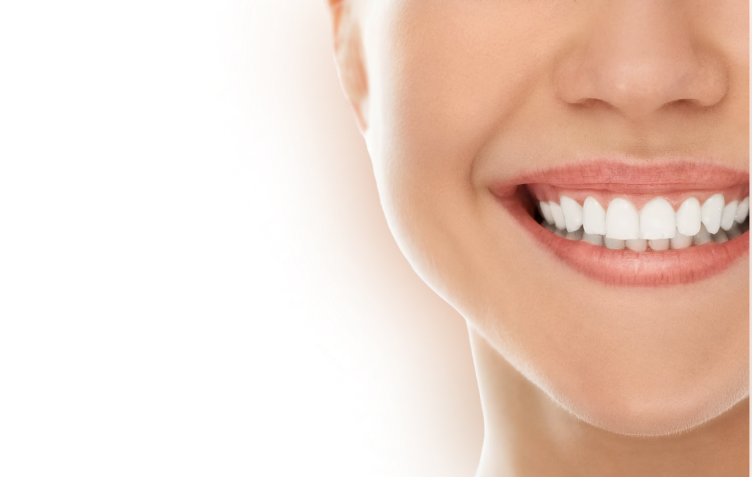
Ready to experience general dentistry that goes beyond the basics? Call us at (267) 603-6463 or contact us online to schedule your comprehensive examination and discover what exceptional general dental care can do for your oral health and overall well-being.

Sleep apnea is a serious sleep disorder characterized by repeated interruptions in breathing during sleep, with episodes that can last from a few seconds to more than a minute and may occur dozens or even hundreds of times per night. These breathing interruptions prevent restful sleep while causing dangerous drops in blood oxygen levels that stress your cardiovascular system and other vital organs.
The most common form, obstructive sleep apnea, occurs when the muscles supporting the soft tissues in your throat relax during sleep, causing the airway to narrow or close completely. This obstruction triggers your brain to briefly wake you to restore normal breathing, though you may not remember these awakenings despite their significant impact on sleep quality.
Central sleep apnea, a less common form, involves the brain failing to send proper signals to the muscles that control breathing. Mixed sleep apnea combines elements of both obstructive and central types, requiring specialized evaluation and treatment approaches.
The fragmented sleep caused by sleep apnea prevents you from reaching the deep, restorative stages of sleep necessary for physical and mental recovery, leading to chronic fatigue, cognitive impairment, and increased risk for serious health complications.
Sleep apnea can affect anyone, but certain factors increase your risk, including being overweight, having a thick neck circumference, being male, being older, having a family history of sleep apnea, smoking, and alcohol use. Understanding these risk factors helps identify individuals who may benefit from screening and evaluation.
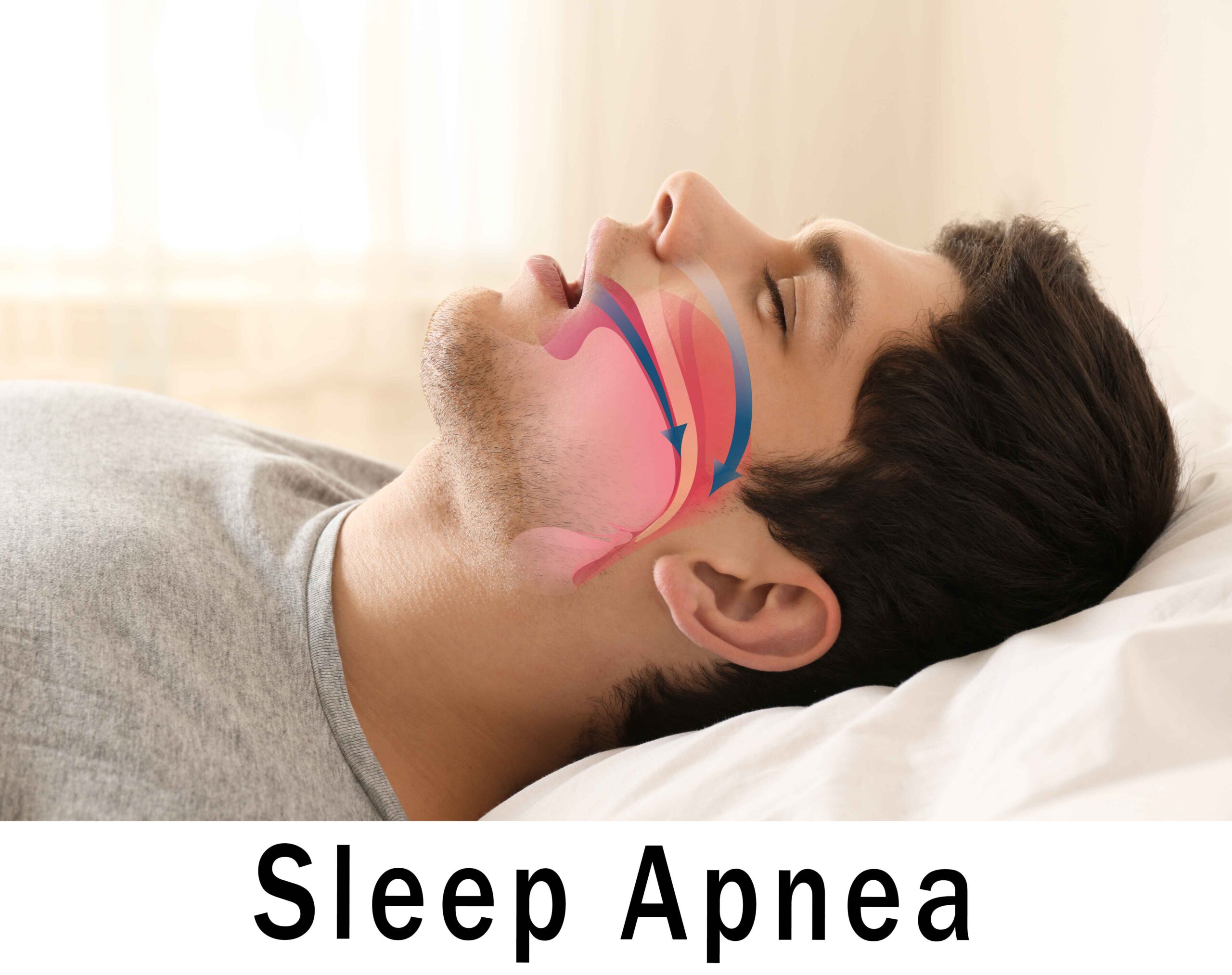
Sleep apnea symptoms often go unrecognized because they occur during sleep or may be attributed to other causes, like stress or aging. However, the combination of certain symptoms should raise suspicion for sleep-disordered breathing and prompt professional evaluation.
Common symptoms include loud, chronic snoring, witnessed breathing interruptions during sleep, gasping or choking during sleep, excessive daytime sleepiness, morning headaches, difficulty concentrating, memory problems, irritability, and decreased libido. Partners often notice breathing interruptions or unusual sleep behaviors before the affected individual recognizes there’s a problem.
Daytime symptoms like falling asleep inappropriately during meetings, while driving, or during other activities can indicate severe sleep apnea that requires immediate attention. The excessive sleepiness associated with untreated sleep apnea significantly increases the risk of accidents and impairs work performance and quality of life.
During dental examinations, Dr. Rudin looks for oral and facial characteristics that may indicate increased risk for sleep apnea, including a large tongue, small jaw, crowded teeth, worn teeth from grinding, and enlarged tonsils or soft tissues in the throat area.
These physical findings, combined with patient-reported symptoms, help identify individuals who may benefit from sleep study evaluation and consultation with sleep medicine specialists for proper diagnosis and treatment.

Dentists play an important role in sleep apnea identification because many of the anatomical factors that contribute to airway obstruction are visible during routine dental examinations. The structure of your jaw, tongue, soft tissues, and bite relationship can all influence airway size and stability during sleep.
Teeth grinding, also known as bruxism, is often associated with sleep apnea as your body may clench or grind teeth in response to breathing interruptions during sleep. The tooth wear patterns and jaw muscle tension associated with bruxism can provide clues about possible sleep-disordered breathing.
TMJ disorders and morning jaw pain may also be related to sleep apnea, as the jaw positioning changes that occur during sleep apnea episodes can stress the temporomandibular joints and surrounding muscles, which is why we offer TMJ treatment services.
Dr. Rudin’s training in comprehensive care and TMJ therapy provides him with the knowledge necessary to recognize these connections and identify patients who may benefit from sleep apnea evaluation.
Sleep apnea screening is integrated into our comprehensive dental examinations, where we evaluate anatomical factors, discuss sleep quality and daytime symptoms, and assess for signs that may indicate sleep-disordered breathing requiring further evaluation.
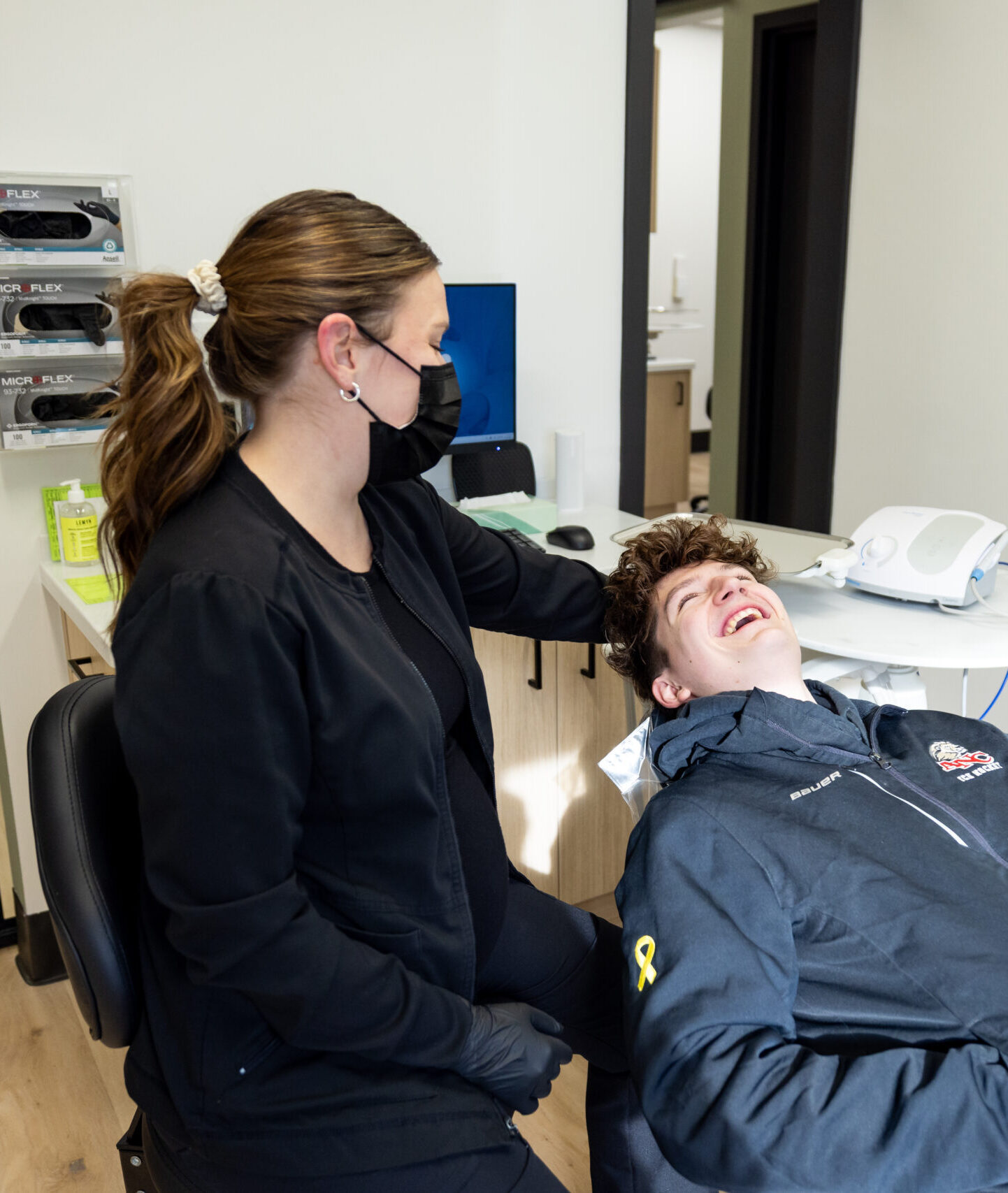
Our sleep apnea screening process involves comprehensive evaluation of anatomical factors that may contribute to airway obstruction, along with detailed discussion of your sleep quality, daytime symptoms, and overall health status. This thorough approach helps identify individuals who may benefit from a professional sleep study evaluation.
The screening includes assessment of your jaw size and position, tongue size and position, soft tissue characteristics, dental crowding, signs of teeth grinding, and other factors that may affect airway size during sleep. We also discuss your sleep habits, partner observations, and daytime symptoms that may indicate sleep-disordered breathing.
While this screening cannot diagnose sleep apnea, it can identify risk factors and symptoms that warrant further evaluation by sleep medicine specialists who have the training and equipment necessary for proper diagnosis and treatment.
We utilize validated screening questionnaires that help identify individuals at risk for sleep apnea based on symptoms, risk factors, and sleep quality measures. These tools provide objective assessment that supports clinical evaluation and helps determine the need for referral.
The screening process is non-invasive and can be completed during regular dental visits, making it a convenient way to identify potential sleep disorders that might otherwise go unrecognized.
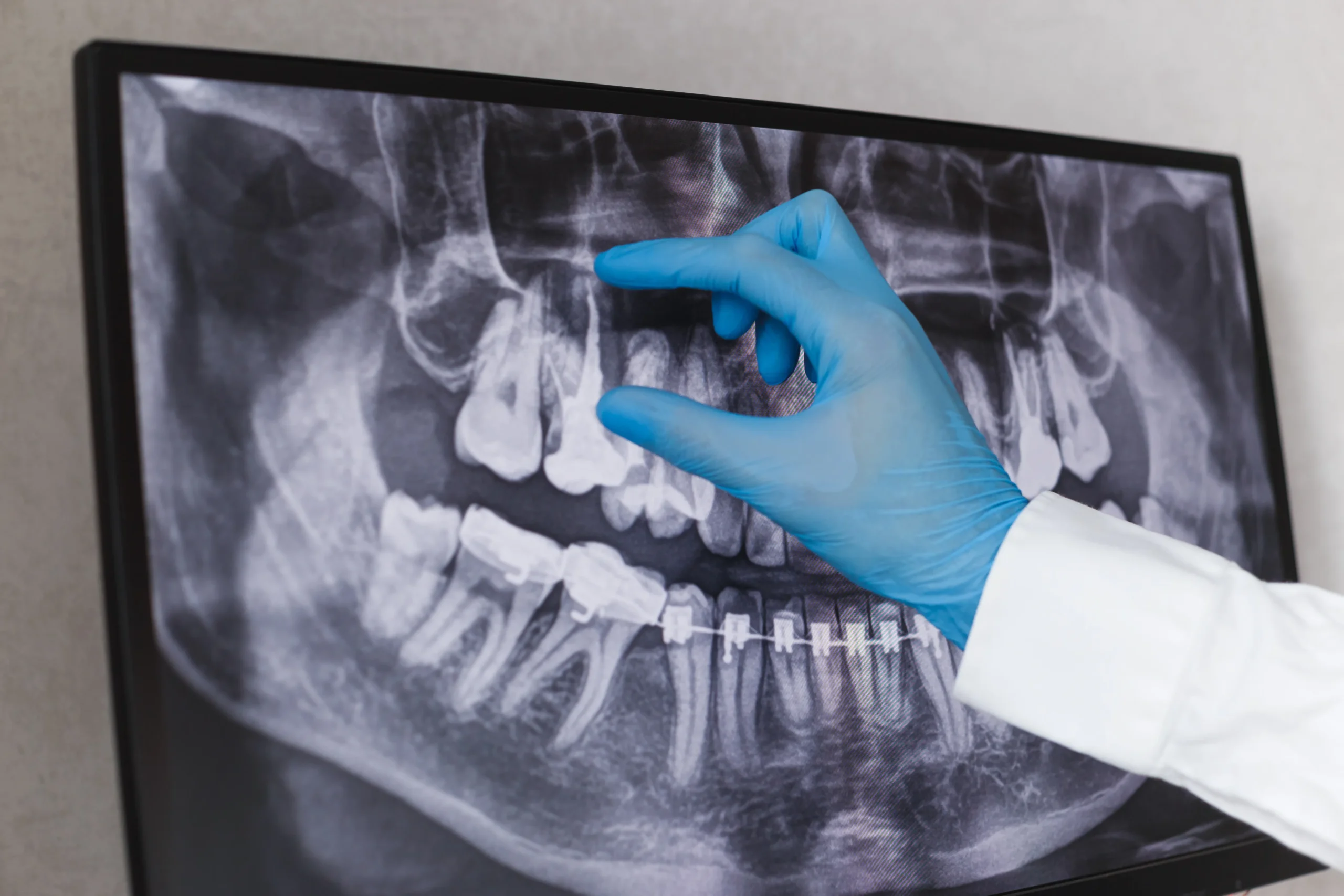
If our screening identifies risk factors or symptoms suggesting possible sleep apnea, we provide a referral to qualified sleep medicine specialists who can perform the comprehensive evaluation necessary for proper diagnosis. Sleep studies conducted in specialized facilities or through home monitoring devices provide the detailed information needed to diagnose sleep apnea and determine appropriate treatment.
Early identification and treatment of sleep apnea can significantly improve your quality of life while reducing your risk for serious health complications, including heart disease, stroke, diabetes, and accidents related to excessive daytime sleepiness.
Patients that are deemed high risk will receive the following sleep apnea support:
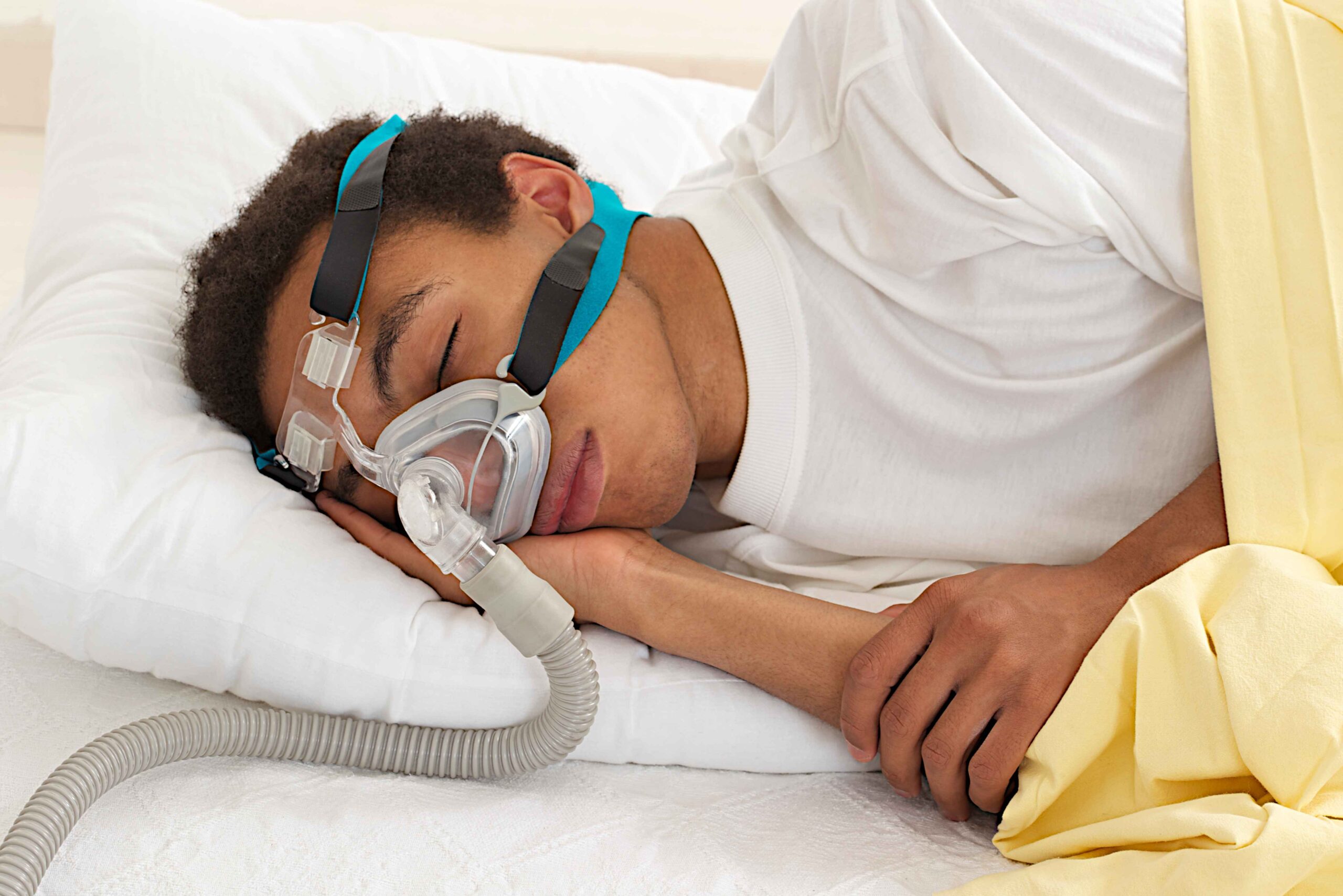
While we don’t provide sleep apnea treatment, we work closely with sleep medicine specialists and can support certain treatment approaches that involve oral appliances. Sleep apnea treatment may include lifestyle modifications, continuous positive airway pressure (CPAP) therapy, oral appliances, or surgical interventions depending on the severity and type of sleep apnea diagnosed.
For patients who receive oral appliance therapy as part of their sleep apnea treatment, we can provide ongoing support and monitoring to ensure the appliance continues to fit properly and function effectively while maintaining your oral health.
Some patients benefit from combination therapy that includes both medical treatment and dental support, emphasizing the importance of coordinated care between dental and medical providers for optimal outcomes.
This collaborative approach ensures you receive the specialized care necessary for proper sleep apnea diagnosis and treatment while maintaining optimal oral health.
Patients receiving sleep apnea treatment require ongoing monitoring to ensure treatment effectiveness and address any side effects or complications that may develop. We can play a supportive role in this monitoring process while maintaining focus on your oral health needs.
Sleep apnea is a progressive condition that typically worsens over time without treatment, making early identification and intervention crucial for preventing serious health complications. The longer sleep apnea goes untreated, the greater the risk for cardiovascular disease, metabolic disorders, cognitive impairment, and other serious conditions.
Many people suffer from undiagnosed sleep apnea for years, attributing their symptoms to stress, aging, or other factors, while the condition continues to affect their health and quality of life. Professional screening can identify this serious condition before complications develop.
The connection between oral health and sleep disorders makes dental visits an important opportunity for sleep apnea screening, particularly since many people see their dentist more regularly than other healthcare providers, so contact us to schedule your comprehensive evaluation.
